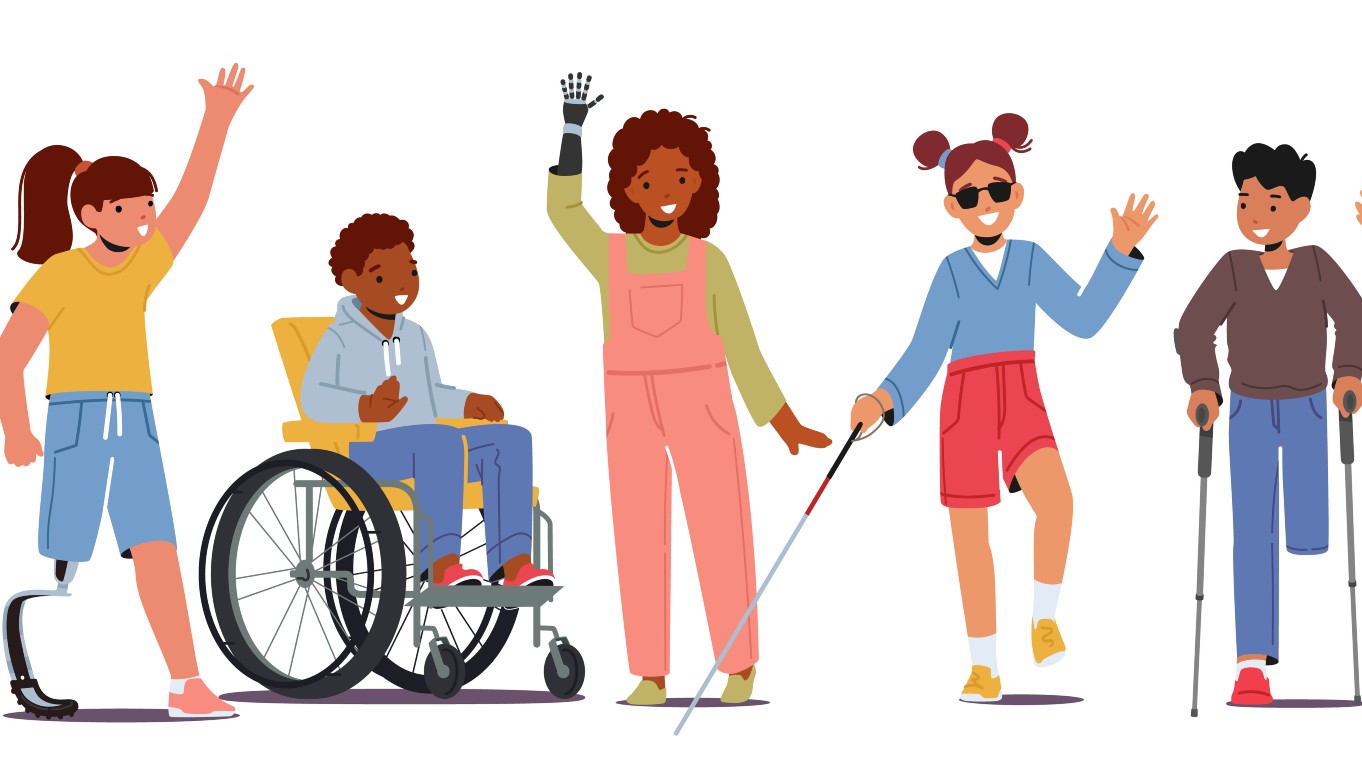“As Children’s Commissioner, my mission is to ensure that every child is given the opportunity to fulfil their potential and live a healthy, happy life. Our research, The Big Ask, which surveyed more than half a million children in 2021, shows clearly that young people from all backgrounds and abilities across the country want the same things. But it’s also clear that some children face additional barriers to reaching their goals.
The good news is that with the right interventions, delivered quickly and locally, children can thrive. This can be done, and everyone who works with children needs to work together to make this happen for all children.
I have a statutory duty to children in care, children living away from home and children with social workers – these groups contain a disproportionate number of children with disabilities, which is why it is so important to me to focus on them.
Earlier this year I was delighted to be asked by the Cabinet Office Disability Unit to carry out detailed research into the lives, experiences and needs of disabled children in England to inform their Disability Action Plan.
Tomorrow I will publish the results of this work, which includes a set of recommendations that need to be implemented over the coming year and beyond. I want to express my sincere gratitude to the hundreds of thousands of children, young people and carers who helped produce this report.
Over the past few months, my team and I have been speaking to children, young people, parents and experts across the country to understand the challenges children with disabilities face and what they would like to change. The reality is that even today in 2023, children and young people face the same barriers that have existed for decades.
Schools and other public services are not designed to meet the needs of children and their families, and rather than their uniqueness and diverse strengths being recognised, children may be met with hostility and closed doors.
Too many children and parents have to go to great lengths to access basic supports. But our education, health and care systems are full of dedicated professionals who do a fantastic job supporting children, and I thank them. But there are often inequalities based on postcode, and children face a diagnosis-based system rather than a needs-based system.
All children will need some kind of support at some point in their childhood. This can range from the everyday help that parents and carers give to help children deal with the everyday obstacles they face, to the more immediate care and support that children need to stay happy, healthy and safe.
It could mean they need to be accommodated to sit their exams, or they may have been diagnosed with additional needs that require therapeutic or clinical support. It could mean additional language support, help with managing their mental health and wellbeing, or more full-scale clinical support from a doctor, social worker or psychiatrist.
Children with disabilities may spend part of their lives, or even their entire lives, in this group. We want a fundamental rethinking of how we think and talk about the experiences of children with disabilities. It’s not the job of one department or one funding agency. We have to think about what every child needs to reach their full potential and feel proud of what they can achieve.
For example, improving the accessibility of public transport must go hand in hand with ensuring all children have fun, safe and accessible places to go. Improving the support offered to children must go hand in hand with improving their transition to adulthood. Change is possible and within reach. I hope that Government will seize the opportunity to lead on what children with disabilities want and need for a better world.

